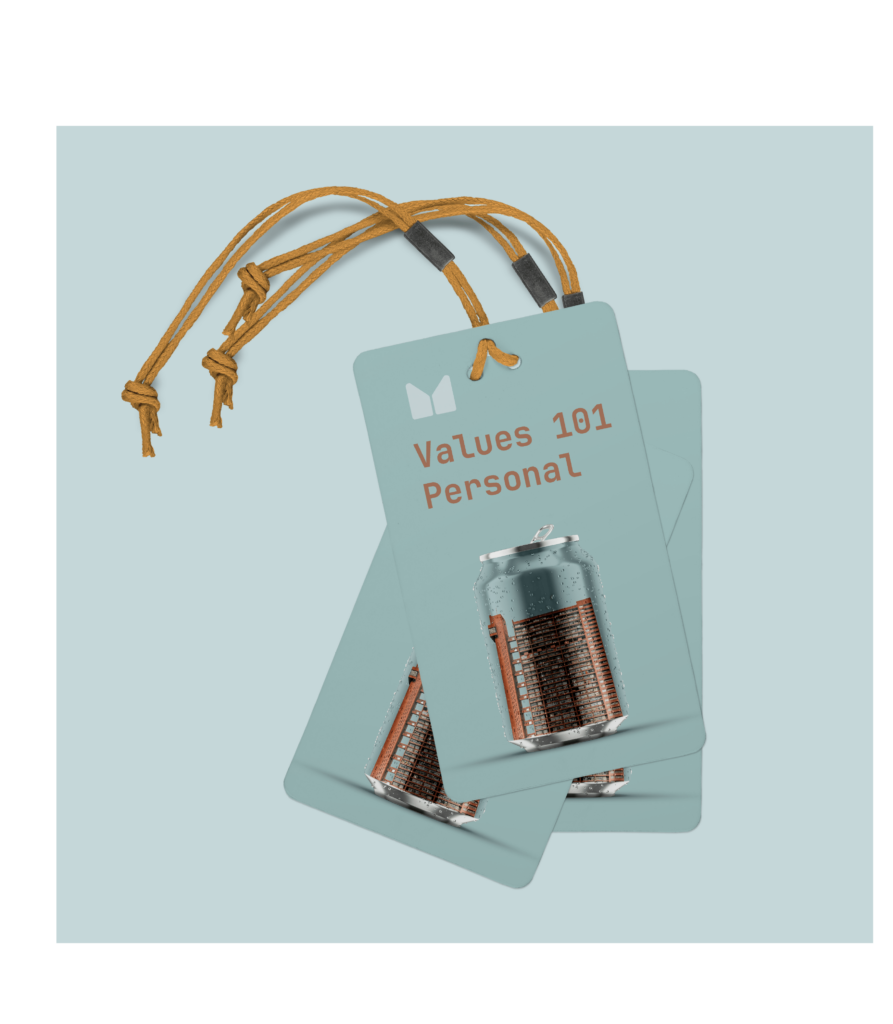
Why have values in a culture ?
Cultural values play a significant role in shaping the way companies function, interact with their employees and customers, and achieve their long-term goals. They provide guidance on how decisions should be made, how people should treat each other, the level of importance placed on ethical behavior, and more. Cultural values are often deeply entrenched within a business and determine the firm’s unique personality, identity, and reputation. By prioritizing cultural values, companies can establish a strong corporate culture, promote employee engagement and retention, attract and retain loyal customers, and ultimately achieve long-term business success. This is why cultural values are important to companies, and why they must be consciously developed and consistently practiced.
What are cultural values ?
Cultural values are beliefs and ideas that are shared by a particular group of people or society about what is important and desirable. These values may include principles such as respect for tradition, loyalty to family, a strong work ethic, or the importance of individual freedom. They are often deeply ingrained in a culture and influence behavior and decisions. Cultural values can vary widely between different societies and can evolve over time as the culture changes.
How to elicit values ?
Values sit in behaviours and language of a culture. Conducting tests and experiences with the employees brings up things that could be hiding in sight.
1. Conduct a survey: The most common way to elicit values in an organization is through a survey. A questionnaire is created by the management team, and employees are asked to provide responses to questions that help reveal the values of the organization.
2. Ideation Sessions: Another approach to eliciting values is by conducting focus groups where employees can discuss and share their ideas about the values of the organization. The advantage of this approach is that employees feel that their voices are heard.
3. Assess Current Culture: Organizational culture assessments are another way to elicit values in an organization. This assessment helps you to determine the current values of the organization by analyzing how work is done, the communication patterns, and the norms in the organization.
4. Employee Interviews: Talking to a representative sample of employees to capture what most accurately reflects broader attitudes and perspectives. It’s an excellent approach to gather important stories that might get ignored by survey questions.
5. Analyze Artifacts: Analyzing communication, symbols, symbolism expressed within stories, visible behavior, and dress codes, etc. provide insights into the organization’s values.



